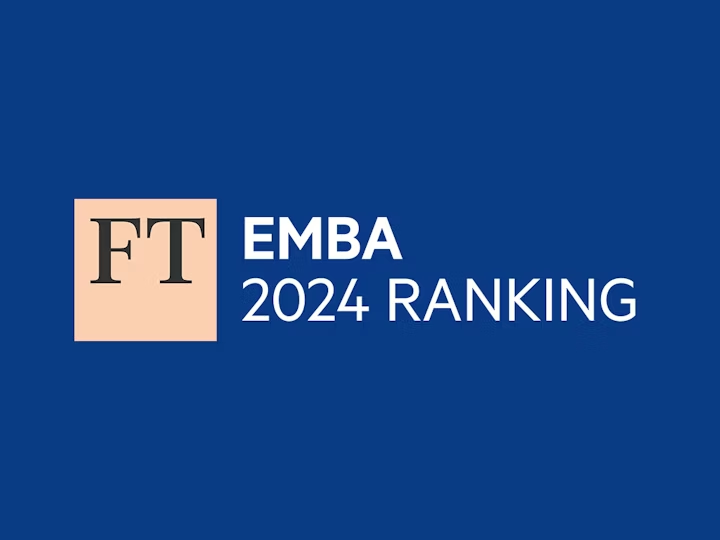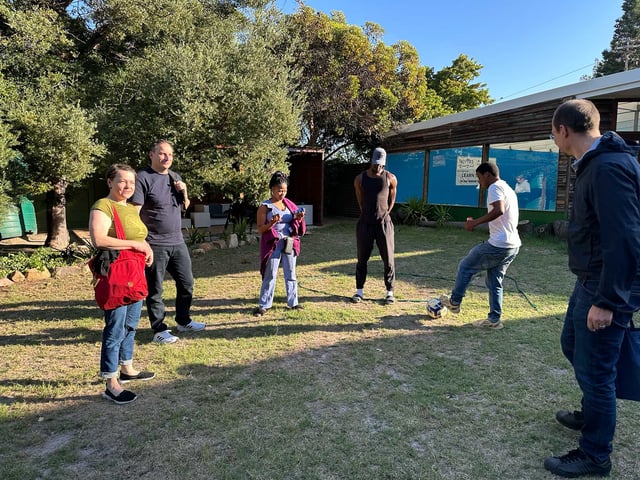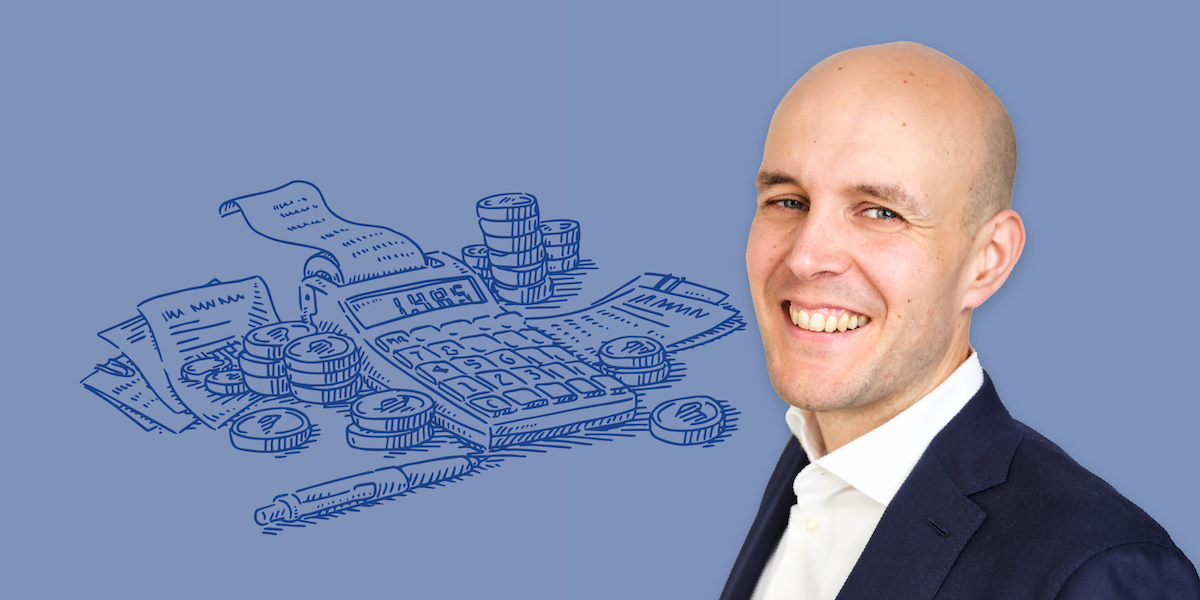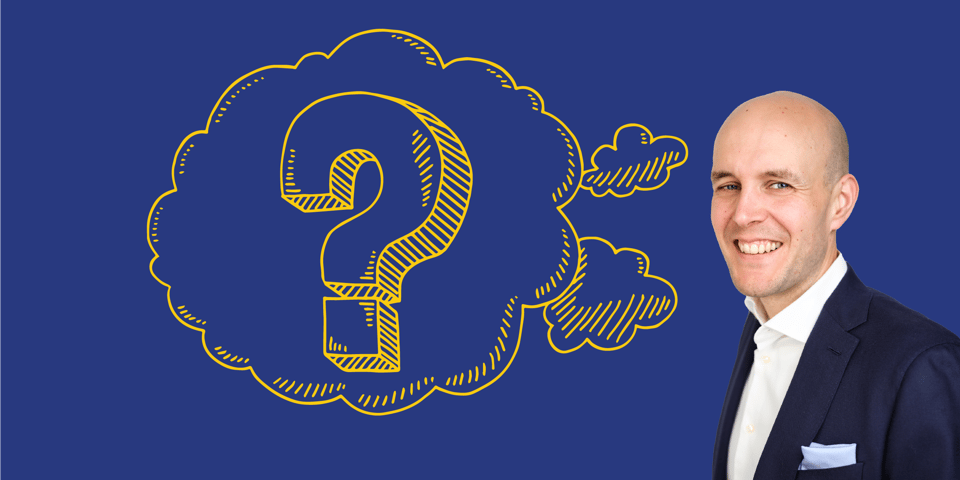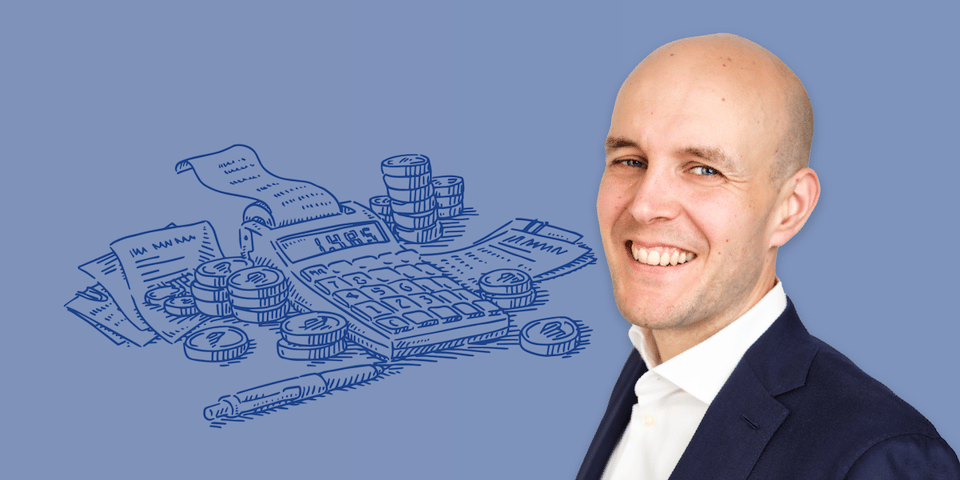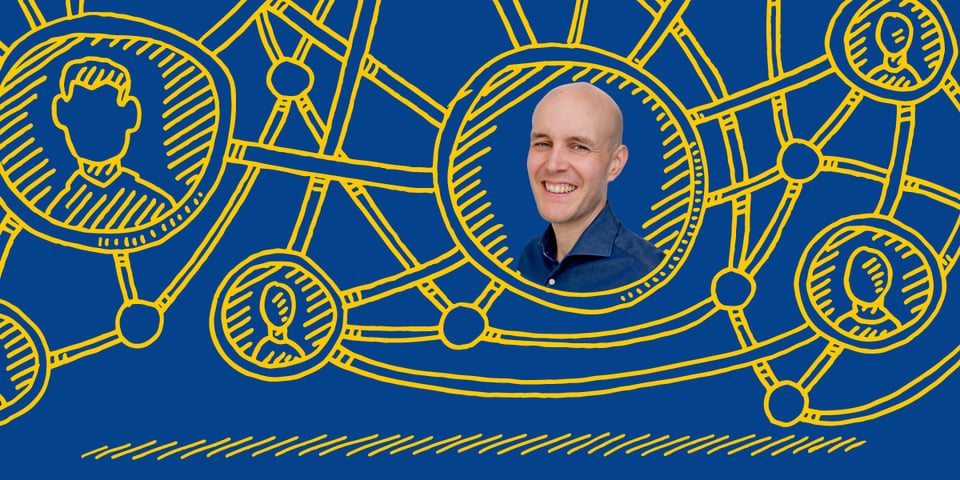The EMBA programme in general and the Personal Development module has been a great opportunity to constructively challenge my views and beliefs about myself. I’ve found myself increasingly disagreeing with some identity labels that I previously considered useful and accurate. This also relates to the topic of flexibility and development in adulthood: being able to stretch the limits of who I am and what I’m capable of. My understanding of myself has both changed and become more accurate.
I would like to highlight three central and recent learnings about myself that I consider important for the coming years and my future development as a business leader.
1. I benefit from seeking support from other people
During this academic programme, I’ve been blessed with the support of professionals, whose role has been to guide and consult me. These valuable people are lecturers, tutors, and coaches, who have given me good advice and allowed me to “think out loud” in a safe space with no judgement. I have noticed that I greatly benefit from such a safe space, and I will ensure that I have such support available in the future as well, after the EMBA journey ends.
2. I’m a quick learner but hyper-focused on the big picture
The older and more experienced I get, the less interested I am in details. When trying to focus on deepening my understanding of a narrow topic, I continuously find my thoughts wandering to the greater scheme of things and the systemic connections between different observations. This tendency to hyper-focus on the big picture often makes it more difficult for me to be detailed and accurate. Luckily enough, in my daily work I have the privilege to work with talented individuals who compensate for my shortcomings in this area and allow me to “play with my strengths”.
3. My allergy towards leadership responsibilities is more of state than a trait
One of the biggest struggles for me in the whole EMBA programme has been the focus on leadership, and leadership development. Four years ago, I quit my salaried job as a corporate leader and became an independent entrepreneur. I did this partly because I found the responsibilities of a leader to be too stressful. As an entrepreneur I was initially only responsible for myself, and that was refreshing.
As my company is now growing and we’re hiring more people to do the work, I find myself yet again in a leadership position. But this time it’s different. I’m no longer the middle manager who has to comply with corporate processes and rigid management structures. Instead, I’m an owner and co-founder of a company, and primarily responsible for creating a culture where people can flourish. I have been given an opportunity to build a company culture that I can personally feel good about. And it feels great.
This makes me think. Maybe it was not leadership I became “allergic” to. Maybe it was only the particular kind of managerial position with the traditional responsibilities that large organizations place to a manager. I’m actually quite happy with leadership responsibilities as long as the level of freedom is in line with the level of responsibility. Maybe I was previously so cynical because I felt I only had responsibilities, but no actual freedom.
So, what does personal development and self-awareness mean to me now?
My previous understanding of personal development was that it’s about becoming a better person. Now I see it a bit differently. As change is constant, we are continuously challenged to develop how we think and act. This means that personal development is not optional: you have to develop if you want to adapt. For me, personal development has become more about successful adaptation than finding eternal truths.
When I think about how I currently understand personal development and self-awareness, there are three things that feel particularly meaningful.
A. Understanding is secondary, application is primary
I’m a person who likes to think conceptually and analyze things in my head. This tendency can lead to an illusion that you understand something just because you can form a concept about it in your head. Real life, however, has shown that a true test of understanding is practical application. If you can channel your understanding into a successful application, you have a better reason to believe that your understanding is at least partially correct.
This also holds true for self-awareness. You can view yourself as a person with many talents but if you never put your talent into a test to validate it, you may live a long life with untrue beliefs about your capabilities. The test of practical application is also great for gathering feedback that can lead to improved self-awareness. With regular and detailed feedback from others, your understanding of yourself becomes more granular and fine-tuned. This is only possible if you test your self-beliefs with practical application in daily life.
B. My emotions, thoughts and actions are very much influenced by context
My whole career has been about studying and applying differential psychology: the scientific study of permanent individual differences. This has led me to think that my way of experiencing emotions, my cognitive tendencies, and my behavioral habits are a reflection of who I am, rather than a natural reaction to the surrounding circumstances. I’ve now learned to be more sensitive to the contextual factors, and how they influence my emotions, thoughts and behavior. These contextual factors can be both internal (such as mood, stress, and energy levels) and external (family life, work life, social media, etc.).
C. Less to do with following gurus and more about finding my own truth
In the past, I’ve been really eager to find authorities who could tell me how a meaningful life should be lived. And, in all honesty, I’ve received a lot of good advice from these “gurus”. Lately, however, I’ve found that I should trust my own judgment much more, as I tend to end up in really good places when I follow my intuition. Instead of thinking “what do the leading authorities on this topic have to say”, I should think more about “what is the best advice I can give to myself in this situation?” and “what do I believe is the best thing for me right now?”.
You can follow my EMBA journey through weekly updates with the hashtag #JuhoGoesEMBA on LinkedIn.
If you would like to learn more about the Henley EMBA:
